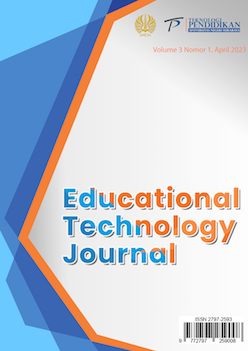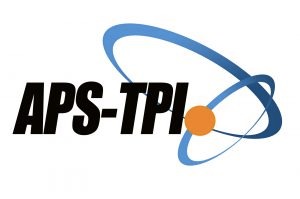PENGEMBANGAN E-LKPD BERBASIS PROBLEM BASED LEARNING UNTUK PEMBELAJARAN PPKN DI KELAS IV SEKOLAH DASAR
Keywords:
E-LKPD, Problem Based Learning, DevelopmentAbstract
The aim of this research and development is to develop an E-LKPD based on Problem Based Learning that is suitable for use by 4th grade elementary students. This research was conducted in 4th grade at SD Negeri Mustikasari II, Bekasi in June 2021. This research uses Research and Development (R&D) method by ADDIE. There are five steps in this reseacrh, including: analyze, design, development, implementation and evaluation. The techniques of collecting data used in this research are interviews and questionnaires. The respondents in this development are an expert material lecturer, an expert media lecturer, an expert linguist lecturer and thirty grade students at SD Negeri Mustikasari II, Bekasi. The results indicate that E-LKPD based on Problem Based Learning is considered very feasible, as seen from the results of the overall average score of 95% according to experts and student questionnaires of 81,7% for the one-to-one stage, 82,2 % for the small group stage and 83,8% for the field test stage. E-LKPD is considered very feasible, so it can be used by students as one of the electronic teaching materials in studying the obligations and rights of living things and the environment.
References
Fachrozi, I., & Dkk. (2020). Penelitian dan Pengembangan Pendidikan Olahraga. Univeristas Negeri Malang.
Lestari, E. T. (2020). Pendekatan Saintifik di Sekolah Dasar. Deepublish.
Rahayu, A. S. (2017). Pendidikan Pancasila dan Kewarganegaraan (PPKn). PT Bumi Aksara.
Riduwan, & Sunarto. (2013). Pengantar Statistika Untuk Penelitian: Pendidikan, Sosial, Ekonomi, Komunikasi, dan Bisnis. Alfabeta.
Downloads
Published
How to Cite
Issue
Section
 Abstract views: 700
,
Abstract views: 700
, PDF Downloads: 2253
PDF Downloads: 2253







